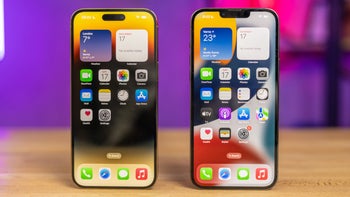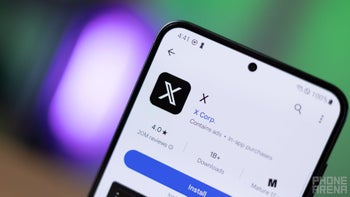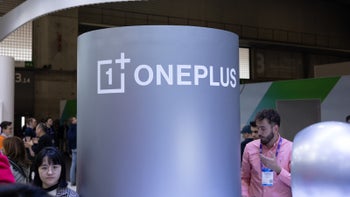Report reveals how much Apple pays for the parts it needs to build the iPhone 14 Pro Max

9to5Mac was able to view an analysis by research firm Counterpoint Research that explains how much it costs Apple to build the iPhone 14 Pro Max. Thanks to two new features added to the current top-of-the-line iPhone, the always-on display and the 48MP Wide camera, the cost of making the iPhone 14 Pro Max rose by 3.4% compared to the cost of producing the iPhone 13 Pro Max. Apple, by pricing the iPhone 14 Pro Max the same as the iPhone 13 Pro Max, is taking a cut in gross profit.
The report by Counterpoint notes that prices for cellular components used on the iPhone 14 Pro Max declined. "Compared with that of its predecessor, the iPhone 14 Pro Max’s blended cellular group cost share dropped to 13% due to a fall in component prices as 5G cellular technology rises in popularity." This means that suppliers are building more 5G compatible components which brings down the cost to buy them.
Apple pays more for each A16 Bionic chipset used on the iPhone 14 Pro models
Counterpoint states that each A16 Bionic chipset is priced $11 higher than the A15 Bionic. This year Apple limited the use of the new chip to its iPhone 14 Pro series handsets. The non-Pro models are powered by the previous generation A15 Bionic SoC.

Used on the iPhone 14 Pro series, the A16 Bionic chip costs Apple $11 more per unit than the A15 Bionic
To reiterate, the iPhone 14 Pro Max is equipped with the A16 Bionic and the chipset counts toward 20% of the cost of materials paid by Apple to build each of its top-of-the-line handsets. Additionally, the components that Apple designs itself for use in the iPhone 14 Pro Max make up 22% of the bill of materials (BoM) cost, a higher percentage than seen with the iPhone 13 Pro Max. The BoM is a list of materials needed to build a certain product.
Apple shells out as much as $474 to build each 128GB iPhone Pro Max unit with support for high-band mmWave 5G and mid-to-low-band sub 6GHz 5G. In some markets, the iPhone 14 Pro Max does not feature support for mmWave 5G. Those models, also carrying 128GB of storage, cost Apple $454 to build. The blended bill of materials cost for the 128GB iPhone 14 Pro Max comes to $464 for each unit.
Speaking of 5G, the extra cost to add 5G compatibility to the iPhone 12 line resulted in one of the largest year-over-year increases in component costs. The 2020 iPhone series was the first to support 5G connectivity. Adding the parts needed to allow the iPhone 12 models to connect to 5G airwaves resulted in Apple paying 26% more for components compared to what it paid for the previous iPhone 11 series.
These figures reveal just the cost of the materials needed to build an iPhone 14 Pro Max with 128GB of storage. It doesn't include the cost to assemble the product, packaging the product, and shipping the product. Other costs that can't be overlooked include Research & Development, sales, and marketing.
After years of keeping iPhone pricing static, we could see prices rise this September
Next year we could see higher component costs for the non-Pro iPhone 15 models. That's because the rumors suggest that these two handsets will both see a jump from a 12MP Wide camera on the back to a 48MP Wide camera. Additionally, the iPhone 15 and iPhone 15 Plus will join the iPhone 15 Pro and iPhone 15 Ultra in offering the Dynamic Island "notchification" system.
This is not to say that the pricier iPhone 15 models won't have their share of new features. For example, the iPhone 15 Pro and iPhone 15 Ultra are expected to support Wi-Fi 6E which offers more bandwidth to users resulting in faster data speed. And reliable TF International analyst Ming-Chi Kuo says that on the two aforementioned models, the physical buttons will be replaced by solid-state buttons that will use the phone's Taptic engines to simulate the feel of pressing down on a real button.
We previously said that after a few years of keeping iPhone pricing static, we could see a price hike for the entire iPhone 15 line this coming September. Be prepared.













Things that are NOT allowed: